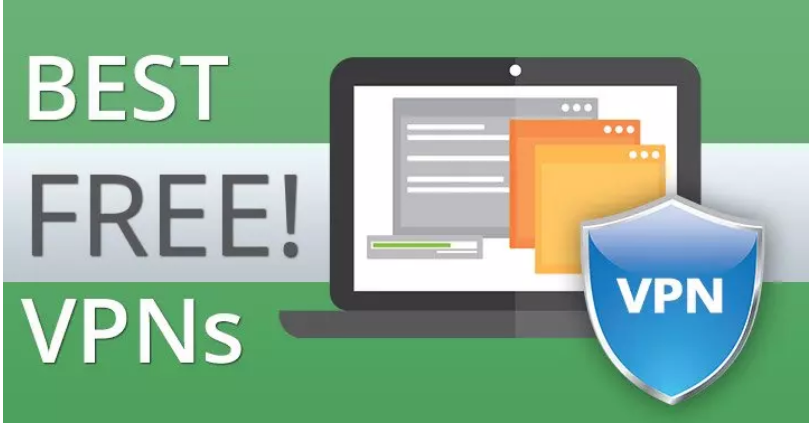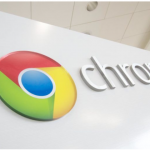Best free VPNs – Finding a reliable virtual private network is getting tricky. The VPN market is booming as people continue to work remotely and subscribe to streaming services more than ever due to the ongoing pandemic. New players are routinely jumping into the marketplace and promising better features, with a faster connection speed at a lower cost. With all those options, you might be wondering, what’s the best free VPN? None of them. Seriously.
While free VPNs are a popular option for discount shoppers, new security problems illustrate why it’s worth it to pay for this set of technologies that encrypt your data as you browse online. In short, a free VPN provider is never the right way to go.

It’s helpful to think of a good VPN like a bodyguard for your bank account. When you go for a stroll through the bustling lanes of public Wi-Fi, your VPN shields you from password pickpockets and keeps you out of unsafe areas. You trust your VPN with your online privacy and most precious information. Maybe even your family’s, too. So, when a VPN provider offers to guard your digital life for free, the first question you should ask yourself is: What’s in it for them?
Whatever virtual private network you choose, here are five reasons why you should never use a free VPN.
1. Free VPNs Simply Aren’t as Safe
As our sister site Download.com previously reported, free VPNs can be very dangerous. Why? Because to maintain the hardware and expertise needed for large networks and secure users, VPN services have expensive bills to pay. As a VPN customer, you either pay for a premium VPN service with your dollars or you pay for free services with your data. If you aren’t ordering at the table, you’re on the menu.
Some 86% of free VPN apps on both Android and iOS — accounting for millions of installs — have unacceptable privacy policies, ranging from a simple lack of transparency to explicitly sharing user data with Chinese authorities, according to two independent 2018 investigations into free VPN apps from Top10VPN. Another 64% of the apps had no web presence outside of their app store pages, and only 17% responded to customer support emails.
2. You Can Catch Malware
Let’s get this out of the way right now: 38% of free Android VPNs contain malware, a CSIRO study found. And yes, many of those free VPNs were highly-rated apps with millions of downloads. If you’re a free user, your odds of catching a nasty bug are greater than one-in-three.
So, ask yourself which costs less: A secure VPN service for about a hundred bucks a year, or hiring an identity theft recovery firm after some chump steals your bank account login and social security number?
But it couldn’t happen to you, right? Wrong. Mobile ransomware attacks are skyrocketing. Symantec detected more than 18 million mobile malware instances in 2018 alone, constituting a 54% year-over-year increase in variants. And last year, Kaspersky noted a 60% spike in password-stealing trojans.
3. The Ad-Valanche
Aggressive advertising practices from a free plan can go beyond getting hit with a few annoying pop-ups and quickly veer into dangerous territory. Some VPNs sneak ad-serving trackers through the loopholes in your browser’s media-reading features, which then stay on your digital trail like a prison warden in a B-grade remake of Escape from Alcatraz.
HotSpot Shield VPN earned some painful notoriety for such allegations in 2017, when it was hit with an FTC complaint for over-the-top privacy violations in serving ads. Carnegie Mellon University researchers found the company not only had a baked-in backdoor used to secretly sell data to third-party advertising networks, but it also employed five different tracking libraries and actually redirected user traffic to secret servers.
4. Buffering… buffering… buffering
One of the top reasons people get a VPN is to access their favorite subscription services — Hulu, HBO, Netflix — when they travel to countries where those companies block access based on your location. But what’s the point in accessing the geo-blocked video content you’ve paid for if the free VPN service you’re using is so slow you can’t watch it?
Some free VPNs have been known to sell your bandwidth, potentially putting you on the legal hook for whatever they do with it. The most famous case of this was Hola, which was caught in 2015 quietly stealing their users’ bandwidth and selling it, mercenary-style, to whatever group wanted to deploy their user base as a botnet.
5. Paid options get better all the time
The good news is that there are a lot of solid VPNs on the market that offer a range of features, depending on your needs and budget. You can browse our ratings and reviews to find the right VPN service for you. If you’re looking for something mobile-specific, we’ve rounded up our favorites for 2021.
If you’d like a primer before deciding which service to drop the cash on, we have a VPN buyer’s guide to help you get a handle on the basics of VPNs and what to look for when choosing a VPN service.







